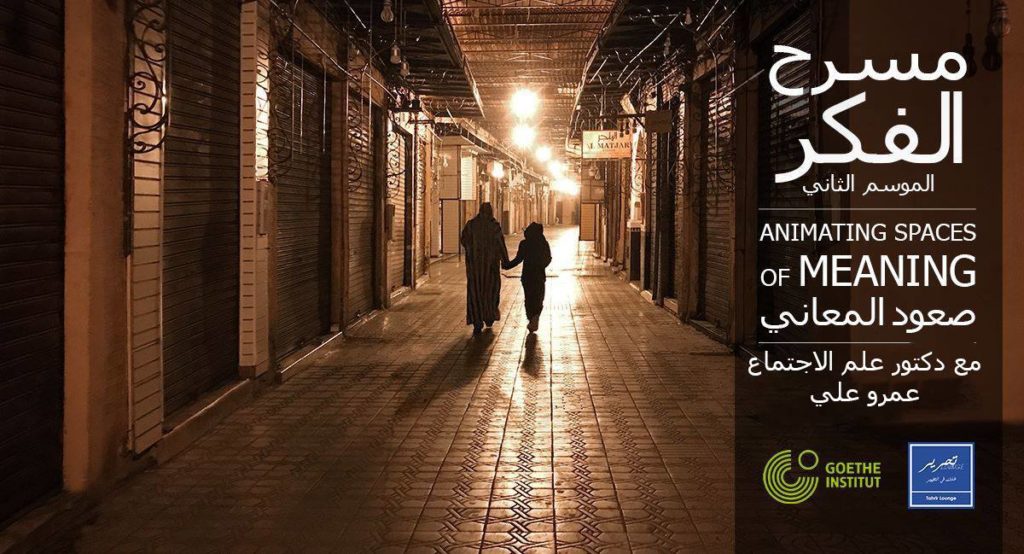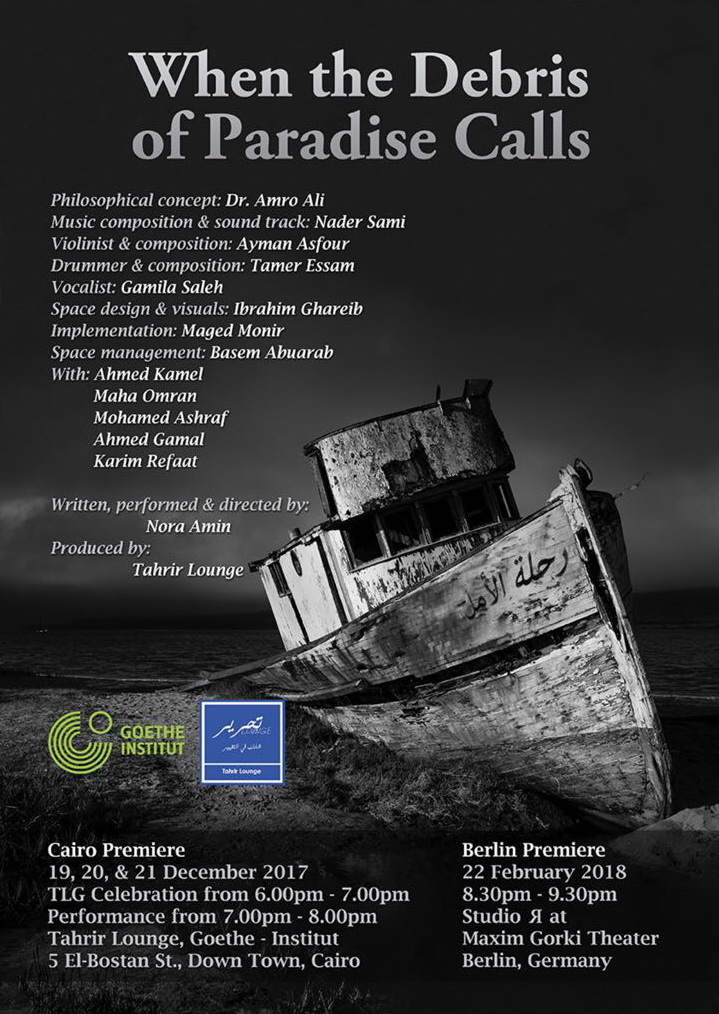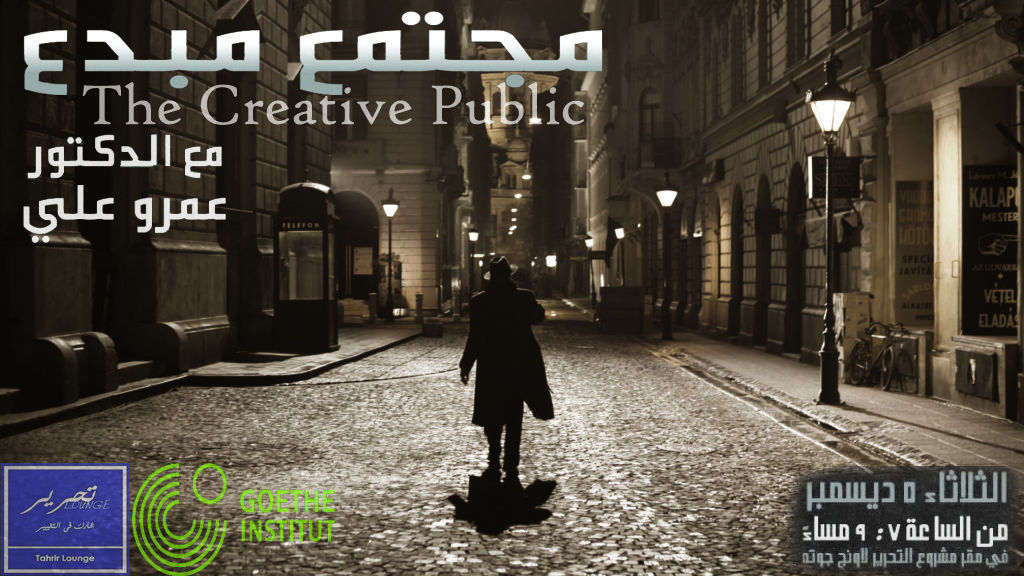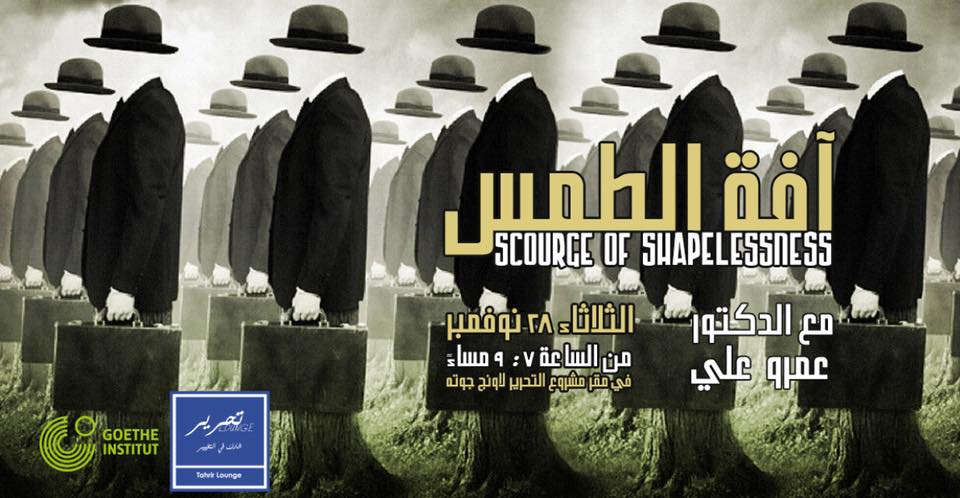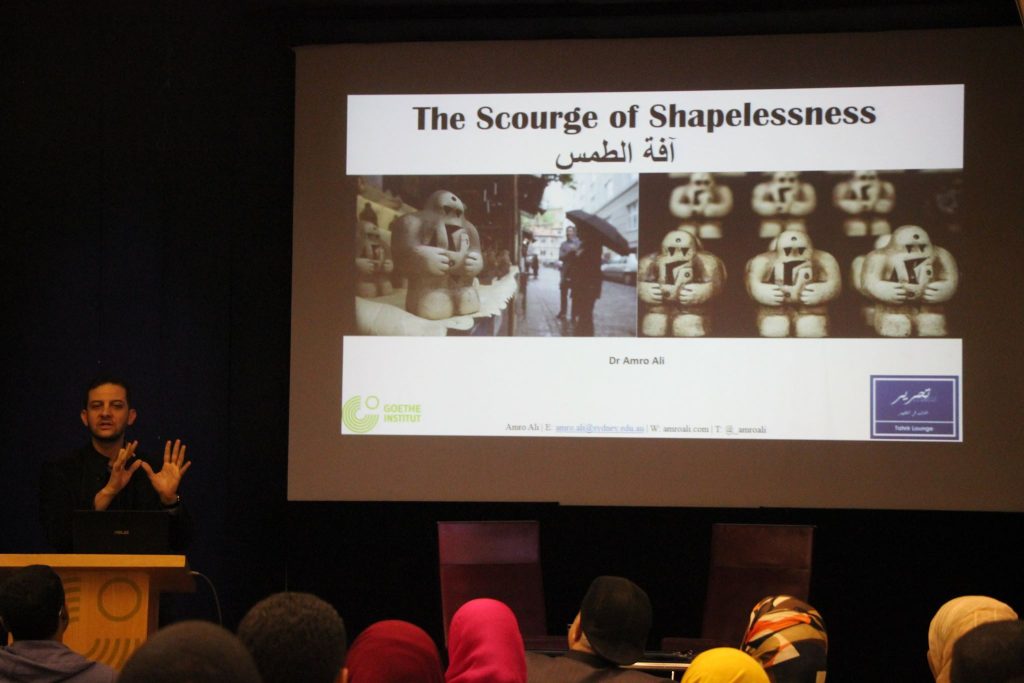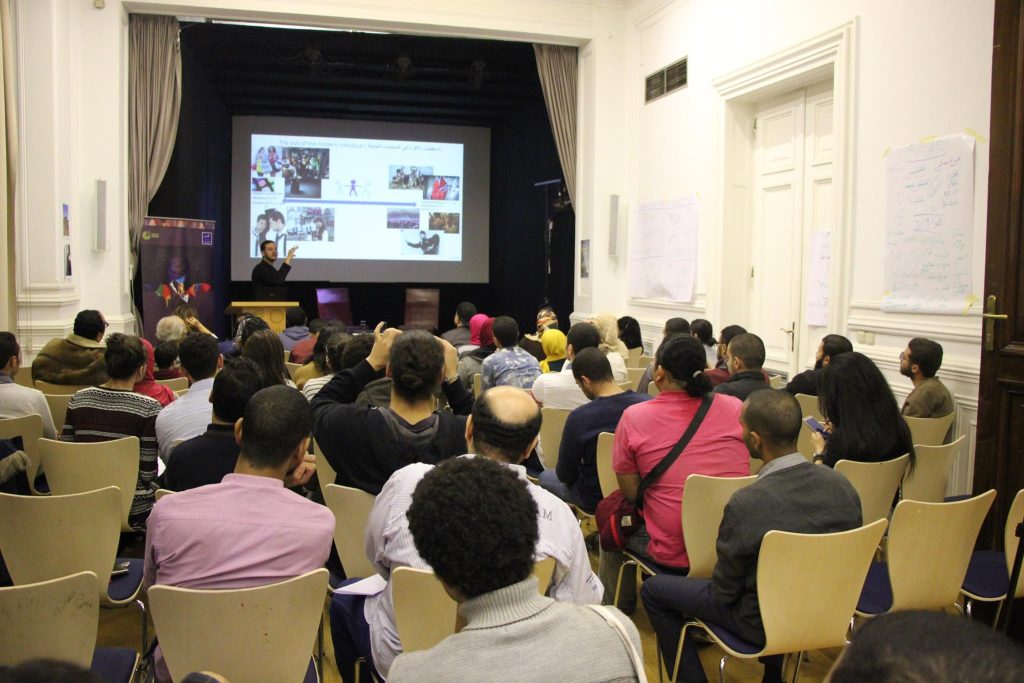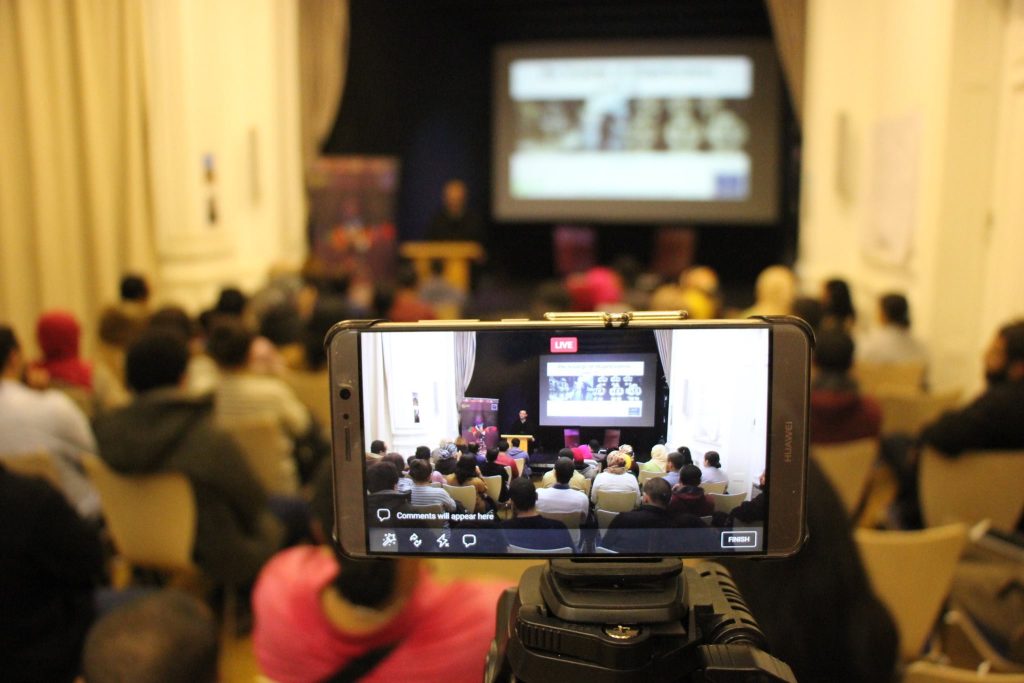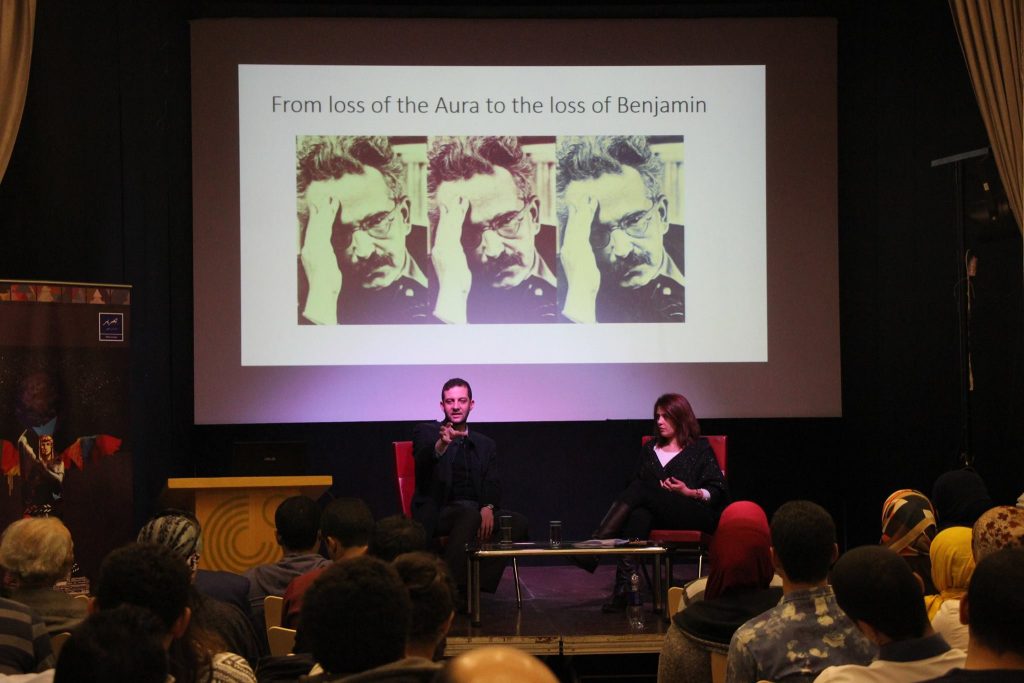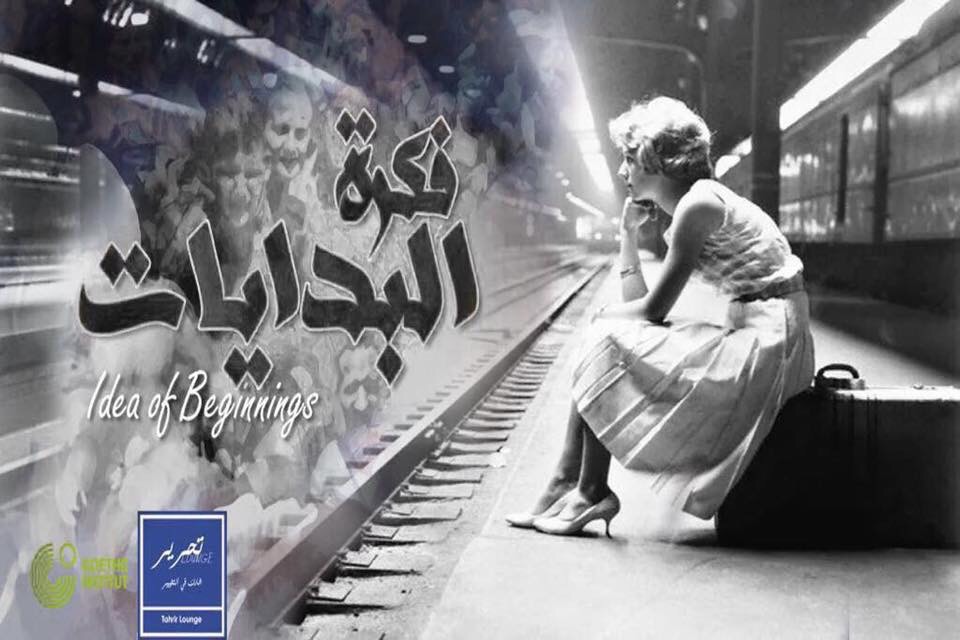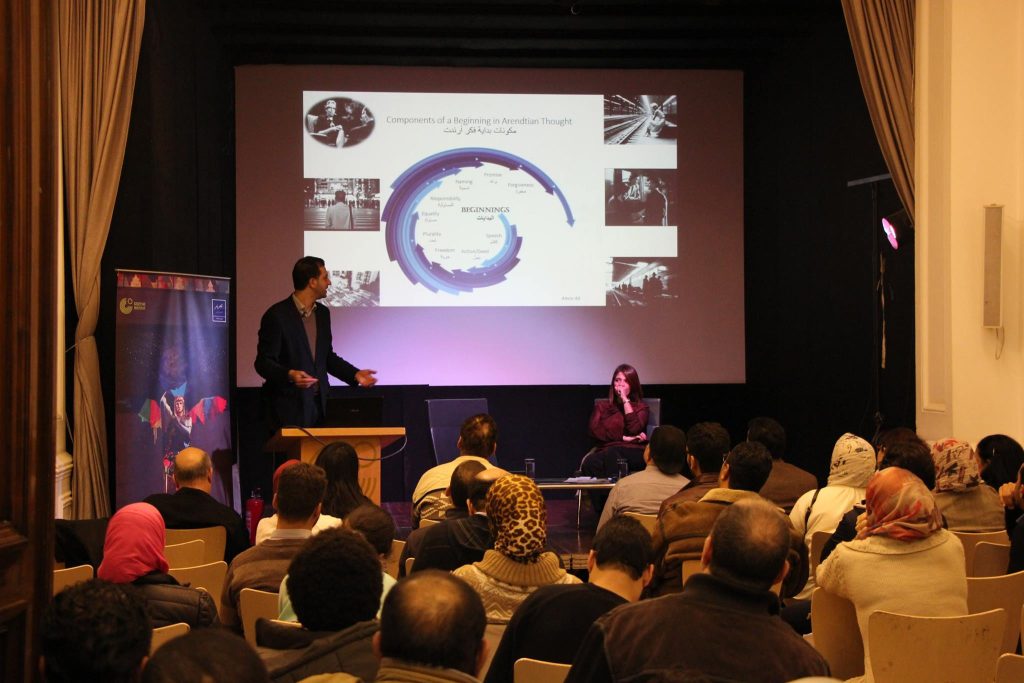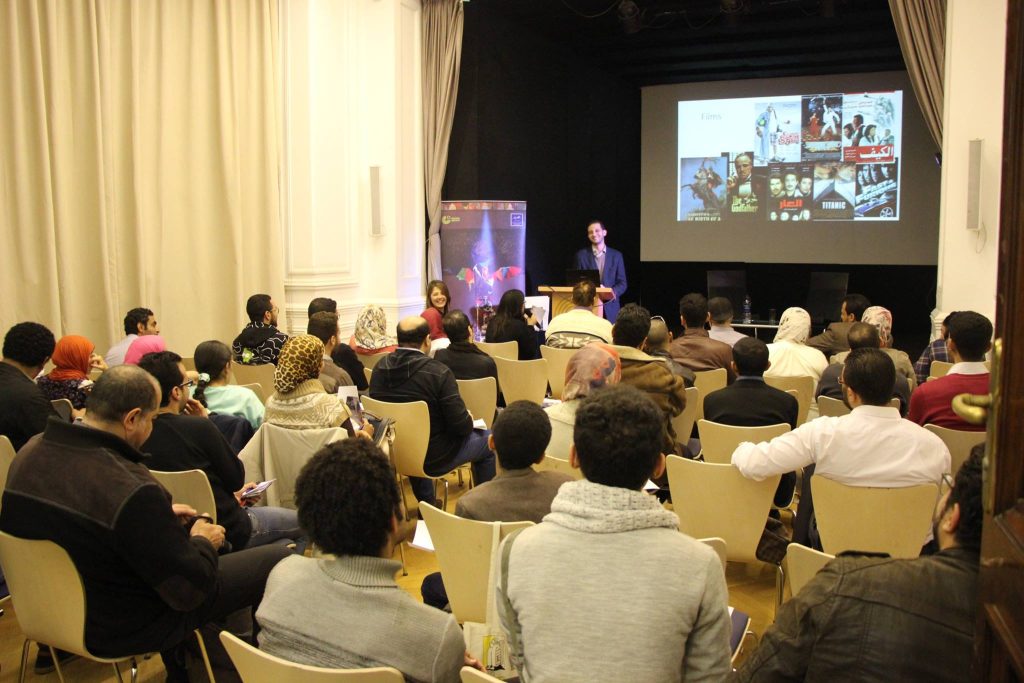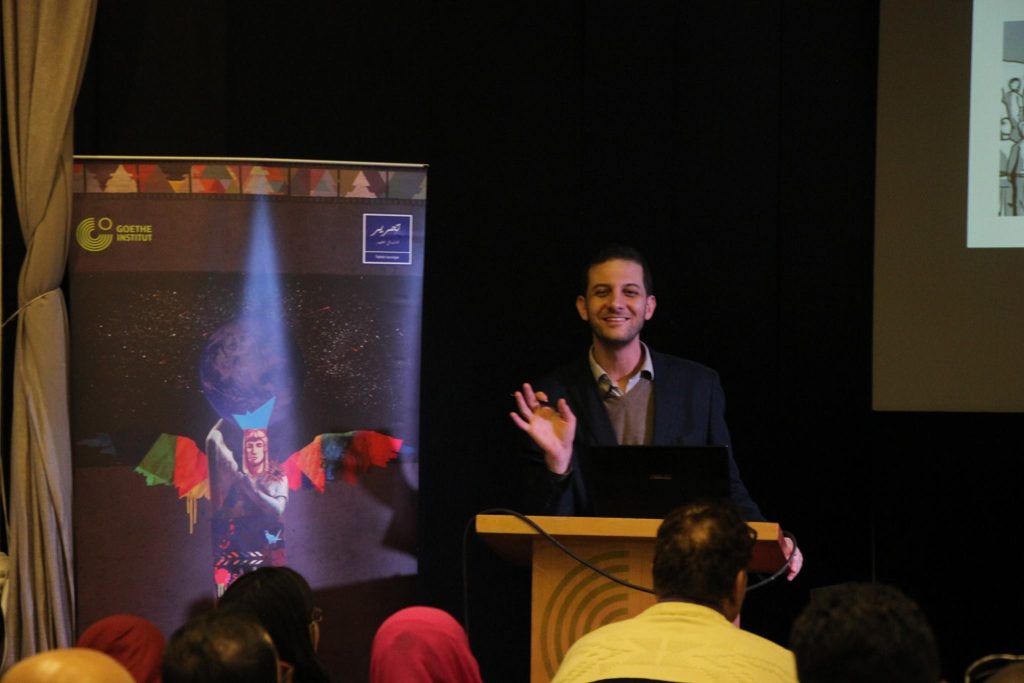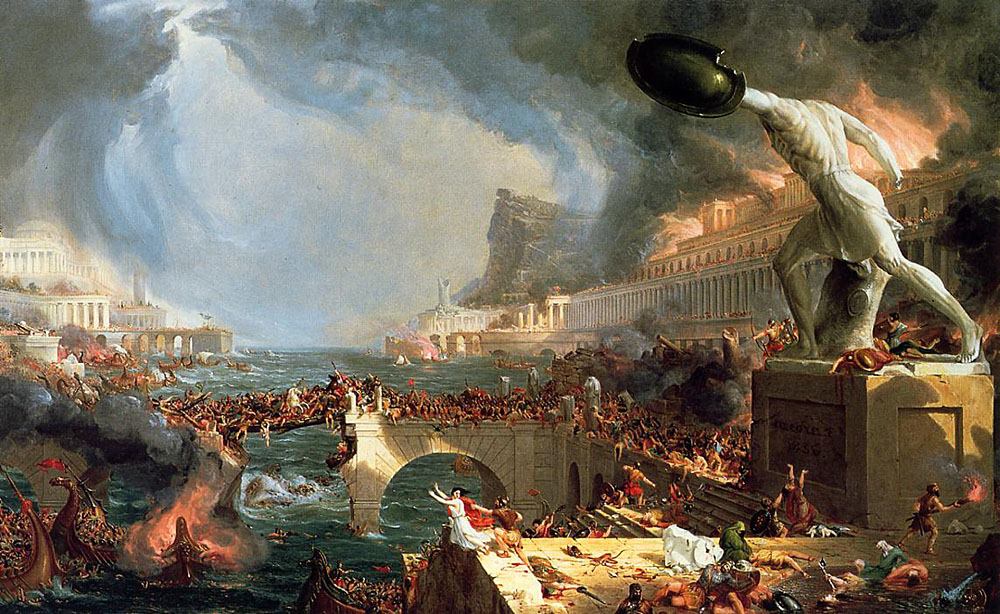The third season of the Theatre of Thought will commence at Goethe’s Tahrir Lounge on 11 October 2018. The first lecture I’ll be giving is titled “Unpacking self-expressions in the Modern era” (the talk will be in Arabic).
Click here for the Facebook event link.
“Body language, art, fashion, and hairstyles, are some of the familiar modes of self-expression, but in an age of hyper-visibility and inter-connectedness, self-expression has accelerated to become one of the highest articulation of individuality and novelty. Self-expression in some respect is beneficial to crystallize the forces that go into constructing the individual’s expressive identity at a point in time and place, as well as fleshing out a positioning in relation to a world that has become increasingly noisy and blurred. This lecture, however, will explore how in recent decades, in Egypt and abroad, consumer culture has appropriated self-expression, in the midst of the neoliberal storm that’s turning citizens into customers, that it has become increasingly difficult to separate self-expression from the shadow of monetary manipulation. It raises further questions, among them, if self-expression does in fact disguise a different set of established rules and practices, and at one point does non-conformity begin to look quite similar?
Since the 1970s, self-expression grew as the new style of challenging the problems and toxins in the world, but this is becoming somewhat futile when the whole world seems to be moving towards basing itself on self-expression. The reduction of self-expression to feelings and consumer desires has severed the idea of self-expression from any possible higher ideals and the notion that you can be part of anything bigger than yourself. Moreover, self-expression masquerades as a new radical way of seeing or understanding the world, but a mature worldview is arguably unable to crystallize from simply talking about the self and feelings towards the other.
The end result, as Berlin-based South Korean philosopher Byung-Chul Han observes, is the terror of the same, a world of unceasing repetition of similar experiences pretending to be novelty and renewal. This also consequently sees the ideas of love, bonding, solid relations, responsibility, and communal spirit, collapse in a world further burdened by an endless freedom of choice, oversupply of options and the compulsion for perfection. That is to say, self-expression robs countless hours as a result of choosing the right clothes, embellishing and updating the right Facebook photo, and cultivating special friendships for the self, not the relation, to be projected upon. All so one can participate in the worldly spectacle that sees a global collection of individuals that have moved away from reflection, contemplation, sustained efforts at doing one task, while distraction becomes the norm and the interior of the self is hollowed out.
لغة الجسد والفن والموضة وقصات الشعر هي الطرق المعروفة للتعبير عن النفس. لكن في عصر ال” الأعلى مشاهدة” و”التواصل المتشابك” تطورت فكرة التعبير عن النفس لتصبح الإفراط في الذاتية وطرحها بشكل مبتكر .
إن التعبير عن النفس هو تبلور لكل عناصر بناء الشخصية التي نود التعبير عنها في مكان ووقت معين وعلاقتها بعالم يزداد في الصخب وعدم وضوح الرؤية.
في هذه المحاضرة نبحث في العقود الحالية في مصر والعالم عن كيف استغلت الثقافة الاستهلاكية فكرة التعبير عن النفس وتحويل المواطنين إلى مستهلكين مما يجعل فكرة التعبير عن النفس بعيد عن البعد الإقتصادى، شيء في غاية الصعوبة. وهنا نطرح أسئلة أخرى مثل: هل التعبير عن النفس في حد ذاته يتقيد بقوانينه وممارساته الخاصة وهل يعبر عما في أنفسنا حقا؟.
منذ السبعينات والتعبير عن النفس بدأ في النمو بالتوازي مع التحديات التي تواجه العالم ولكن للأسف هذا التعبير عن النفس لم يثمر عن شيء حين اقتصر هذا التعبير على المشاعر والاستهلاك فخلت الفكرة من أن نكون جزءًا من شىء أكبر منا. كذلك فكرة التعبير عن النفس في حد ذاتها ومحاولة فهم العالم في حد ذاتها فكرة راديكالية لكن رؤية العالم لا تبنى من منظور فردي.
في نهاية الأمر كما أكد الفيلسوف الكورى بيانج شيل هان، وينتج كل ما سبق “النمطية المفزعة” في عالم يكرس للتكرار وإن تخفى في صورة تجديد وامتداد. هذا التكرار يجعلنا نرى أفكارنا عن الحب والتواصل والعلاقات الجادة والمسئولية وروح الجماعة تنهار في عالم محمل بعبء الحرية اللانهائية في الاختيار وزيادة والسعى نحوالكمال. في حقيقة الأمر التعبير عن النفس يسرق منا ساعات في اختيار الملابس المناسبة وتحديث وتعديل صورة صفحتنا على فيس بوك واختيار الاصدقاء المناسبين للسياق العام. كل هذا التناغم مع أفراد الكون التى بعدت كل البعد عن التفكير والتفكر والمحاولات المستدامة للمشاركة في جهد مشترك مما أفرغ النفس من فحواها تعديل صورة صفحتنا على فيس بوك واختيار الاصدقاء المناسبين للسياق العام. كل هذا التناغم مع أفراد الكون التى بعدت كل البعد عن التفكير والتفكر والمحاولات المستدامة للمشاركة في جهد مشترك مما أفرغ النفس من فحواها”.

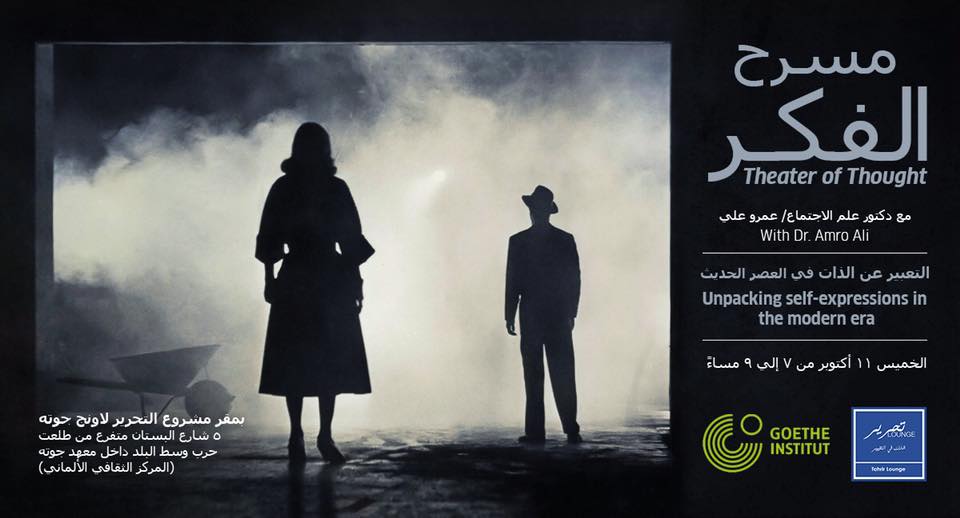
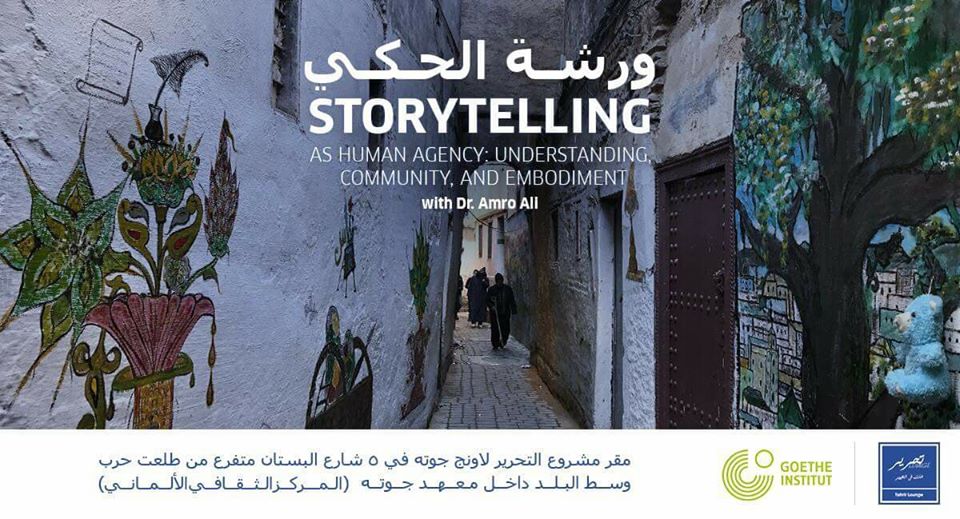
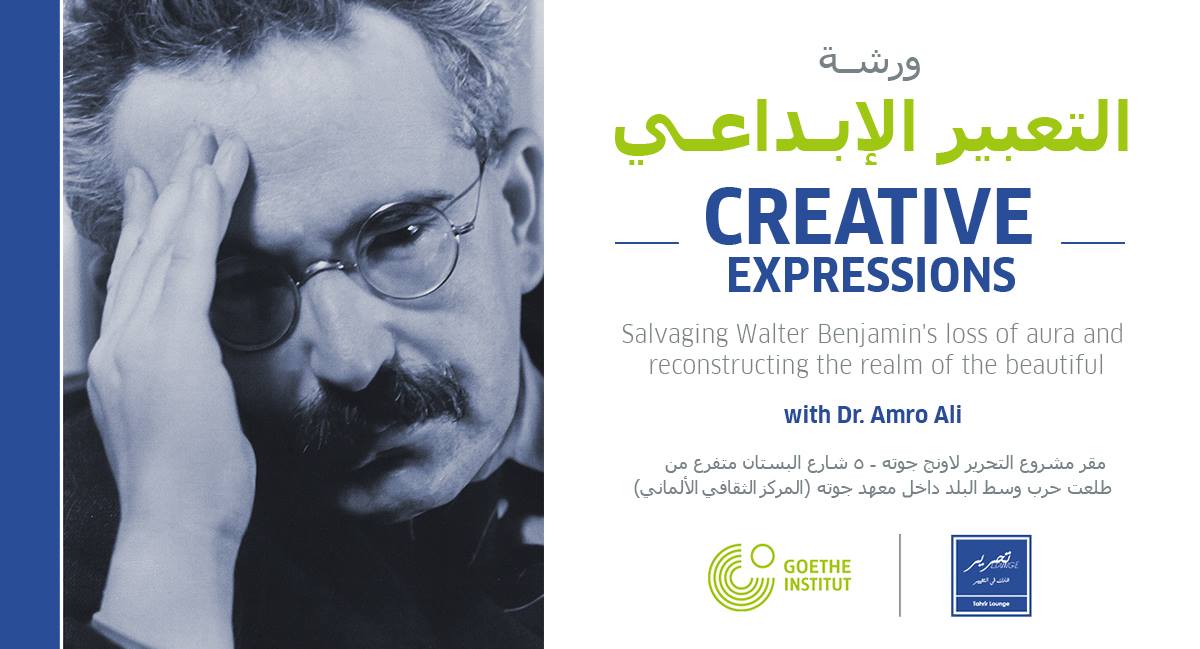
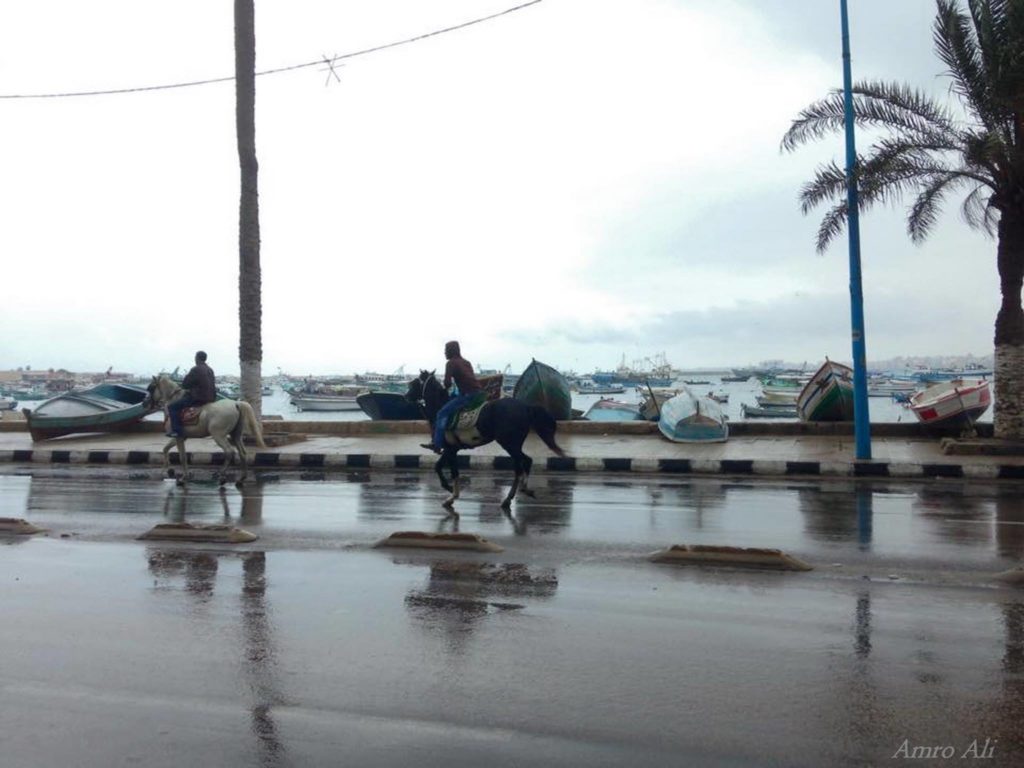 Understanding Alexandria as a second city can shed light on how historical imaginaries influence present-day experiences, as well as the cultural practices and social norms that arise; as the very notion of “second,” and the inevitable comparisons with other cities that it spurs, can drive decisions and shape a peculiar approach to one’s city.
Understanding Alexandria as a second city can shed light on how historical imaginaries influence present-day experiences, as well as the cultural practices and social norms that arise; as the very notion of “second,” and the inevitable comparisons with other cities that it spurs, can drive decisions and shape a peculiar approach to one’s city.